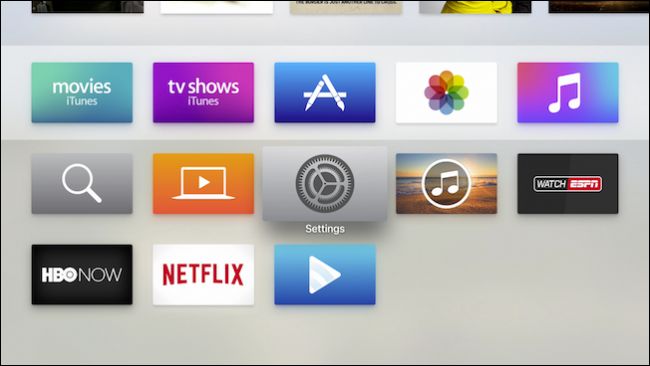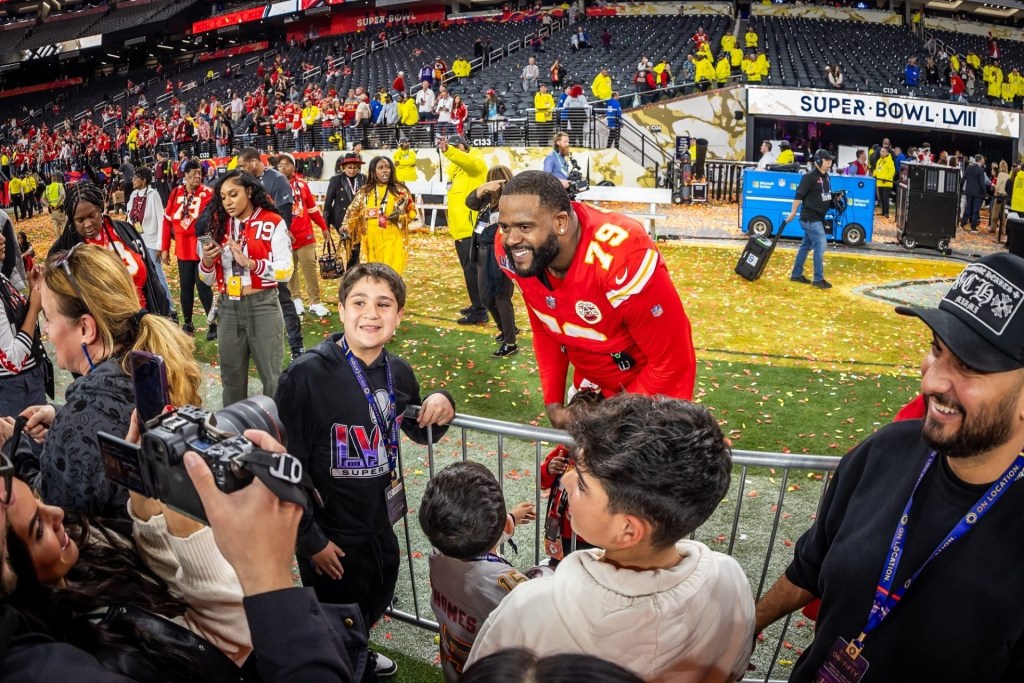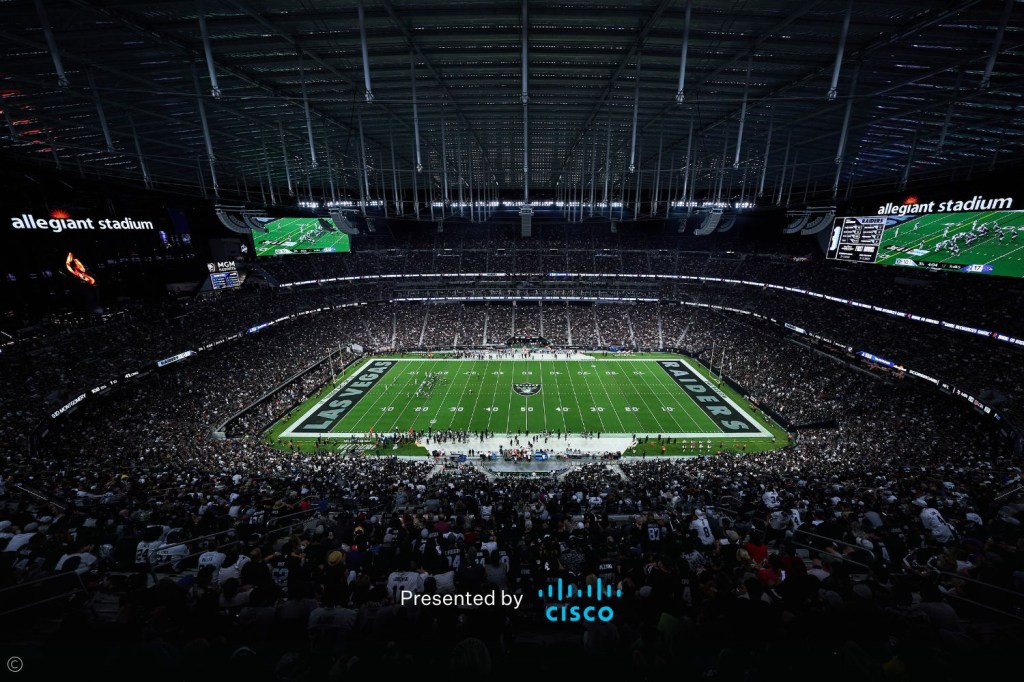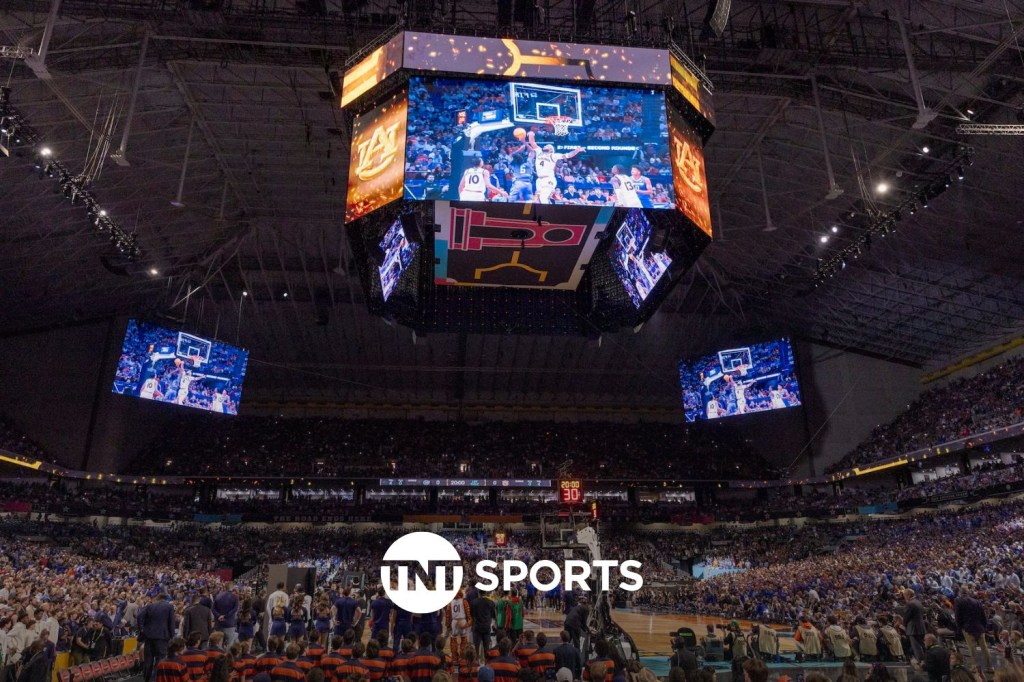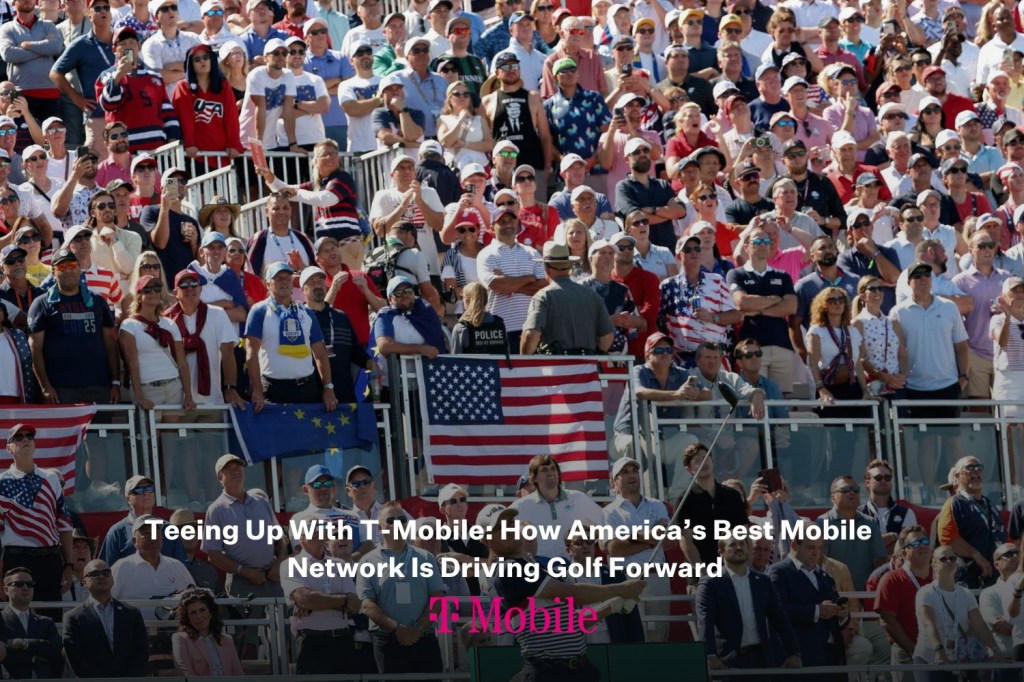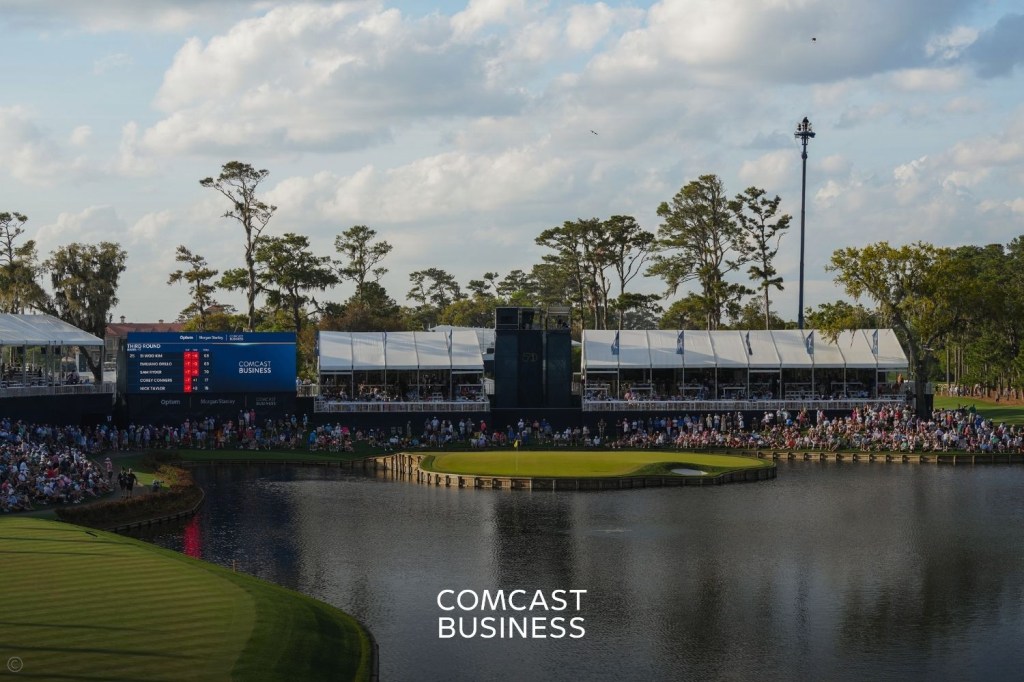
Photo via: howtogeek.com
I have an Apple TV in my apartment. Two in fact — one for the living room and one for my bedroom. (It’s such a great experience that I had to take it to the bedroom.)
Its library of apps and interfaces gives me access to every NBA game (thanks, NBA league pass!), MLB game (thanks, MLB.tv!), NFL game (thanks, NFL Sunday Ticket Max!), and more college football and basketball games than I can handle (thanks, ESPN!). And I didn’t even include the onslaught of TV and movie options I have at my disposal because one of my friends has a friend that knows a friend whose cousin has a login hookup for HBO GO, Netflix, and Hulu.
Have you ever searched for your favorite sports talking head’s studio show on YouTube? I assure you that you will find each segment from that day’s episode cut up into separate videos so that you can pick and choose which one is worth your time. If the video is not straight from the source (ESPN, Fox Sports 1, etc.), then some ambitious YouTuber out there felt the desire to share it just for you. You are a search bar and a click away.
And people wonder why us millennials stretch a mile wide and about a half of an inch in with our brains?
Pretty soon it may not be necessary for me to summon the courage to leave the couch. What’s the point? Everything I’ll ever need can be found in this little black box provided by Apple, Amazon, or Roku — along with a second and third screen to boot.
That last part has a hint of hyperbole sprinkled in — I will relinquish the throne of my couch. I do not consume sports on three screens at once … at least not ALL the time. But the point of my prelude is: the in-arena experience has stiff competition on its hands. Professionals in the ticketing business are well-aware of this fact and are readying themselves to shift with the times.
Like an NBA wing switching along the perimeter, sales staffs have to be ready to cater to a myriad of fan desires. Some may be looking for a single-game ticket or traditional season ticket membership, others want a flex pack, and a new wave of buyers may seek a monthly payment for the right to obtain tickets to every game. As a ticketing professional, you have to be quick on your feet and ready to supply an experience worth paying for.
“I think it speaks to how the consumer is coming to the realization that they really only HAVE to pay for the things they REALLY want,” Mike Hinson, VP College Athletics Sales at AudienceView told Front Office Sports. “Unless you have something compelling and personalized to each type of fan, you run the risk of alienating a large percentage of your fan base with “one size fits all” products (such as season tickets). That shift is why the memberships and experiences become not just compelling, but critical.”
Memberships and flexible ticketing plans are two areas where I could see the future of the industry going. I may not be willing to dish out fifty dollars per ticket to go see a Phoenix Suns game, but would I be willing to pay fifty dollars a month for the right to have a ticket to each home game (with the location of my seat shifting based on supply) that month? That idea at least makes me raise a brow.
In that case, the Suns would already be making fifty dollars more per month from a fan of my ilk than they would have been previously, and that doesn’t even account for the ancillary revenue (parking, concessions, merchandise, etc.) that comes along with me merely entering the building.
It makes sense for some teams more than others — the Dallas Cowboys are going to find no trouble selling out their venue on Sundays. However, what the Pittsburgh Pirates are trying to implement with their monthly payment program is an admirable pursuit. It should serve as a trailblazer for other franchises or college programs to follow.
“Consumers are so smart and adept at getting discounts,” Brent Jones, Deputy AD of External Operations at Troy University told Front Office Sports. “We have to add value with our ticket packages — promotional items, bobbleheads, vouchers, fan experiences and affinity-building items are all things that we consider.”
For the time being, the opportunity cost of missing the at-arena experience is too low compared to manning the fort in your living room, three screens on hand, monitoring the downfall of your fantasy team with each passing quarter. Millennials are conditioned to control what they consume.
As Hinson puts it, “They still want to consume content and experiences, just on their terms.”
Couldn’t have said it better myself.
